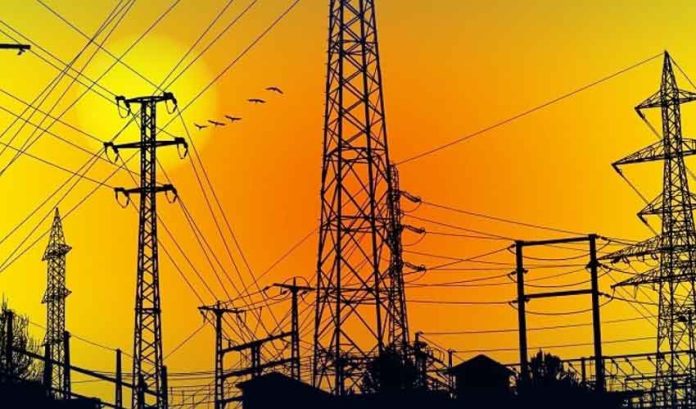
The federal government is facing significant pressure from both the public and political entities to eliminate free electricity for its officials and agencies. In response, the Ministry of Energy is contemplating an emergency measure to discontinue complimentary electricity for all government and semi-government institutions, including bureaucrats, judges, and parliamentarians.
Phase two of this plan involves potentially ending free petrol for these officials as well. However, industries and businesses will continue to receive essential services, with a proposal to reduce Maximum Demand Indicator (MDI) charges for factories. Additionally, there are plans to review the performance of the National Electric Power Regulatory Authority (NEPRA) and the Oil and Gas Regulatory Authority (OGRA) to ensure their effectiveness.
In contrast, on July 19, Sindh Chief Minister Murad Ali Shah unveiled a scheme to offer free electricity to users consuming up to 100 units. He also proposed supplying solar power systems to households that are not connected to the grid.
During a meeting in Karachi with Energy Minister Nasir Hussain Shah and other key officials, it was noted that approximately 80,000 households using 50 megawatts per month and 1.9 million households using 100 megawatts per month would benefit from the free electricity initiative. The initial phase of this plan aims to provide solar home systems (SHS) to 500,000 of the 2.6 million off-grid households.
This initiative by the Sindh government is designed to assist low-income families with their energy needs and encourage the adoption of renewable energy. The contrasting approaches of the federal and Sindh governments highlight different strategies for managing energy resources and addressing public demands.